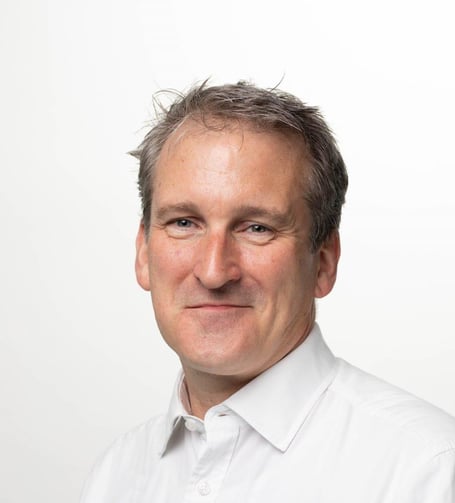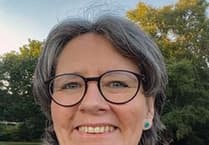In a recent interview, Education Secretary Bridget Phillipson refused to confirm what the future is for Education, Health and Care Plans (EHCPs) under the Government’s plans to reform the special educational needs and disabilities (SEND) system.
The full details of the Government’s plans should be outlined in a White Paper later this year. However, what we do know now is that ministers want to see more SEND pupils taught in specialist units within mainstream schools, with a continuing role of course for specialist school places.
These are not new ideas. When I was education secretary back in 2018, we enacted a plan that included increased SEND training for teachers and more supported places for children with SEND in mainstream schools – and also a plan for more educational psychologist training places and capital funding for more state special schools.
If we roll back time a little further, the Children and Families Act in 2014 was introduced to clarify what children with special needs are entitled to. It also reaffirmed the presumption that children with SEND should be in mainstream education where that was compatible with their needs.
In many ways, the system introduced in 2014 was an improvement over what came before. But the landscape has changed. The number of children requiring support has grown dramatically to the point where I think everybody now accepts that there is a need to reform the system.
The growth in the number of EHCPs has been driven by a combination of greater awareness, more/earlier diagnosis and some degree of increase in underlying prevalence. Of the total number of children with an EHCP (approximately 440,000 in 24/25), almost a third have autistic spectrum disorder. A further 1.1 million children are recorded as having this disorder and receiving SEN support without an EHCP.
There was a very large increase in spending on SEND under the previous government to respond to the increase in demand. Over a hundred special schools were set up and an additional 60,000 SEND places added to the system.
But rising demand has stretched resources thin, presenting a huge challenge for the system and those that oversee it and give care and education within it.
What hasn’t changed is the dedication of parents. My very first MP surgery appointment in May 2010 was a family appealing a statement (the then equivalent of an EHCP). From the emails I receive on a regular basis and the people who come to my surgery, it’s clear that families go to extraordinary lengths to get the right support for their children. I think we’d all do the same.





Comments
This article has no comments yet. Be the first to leave a comment.